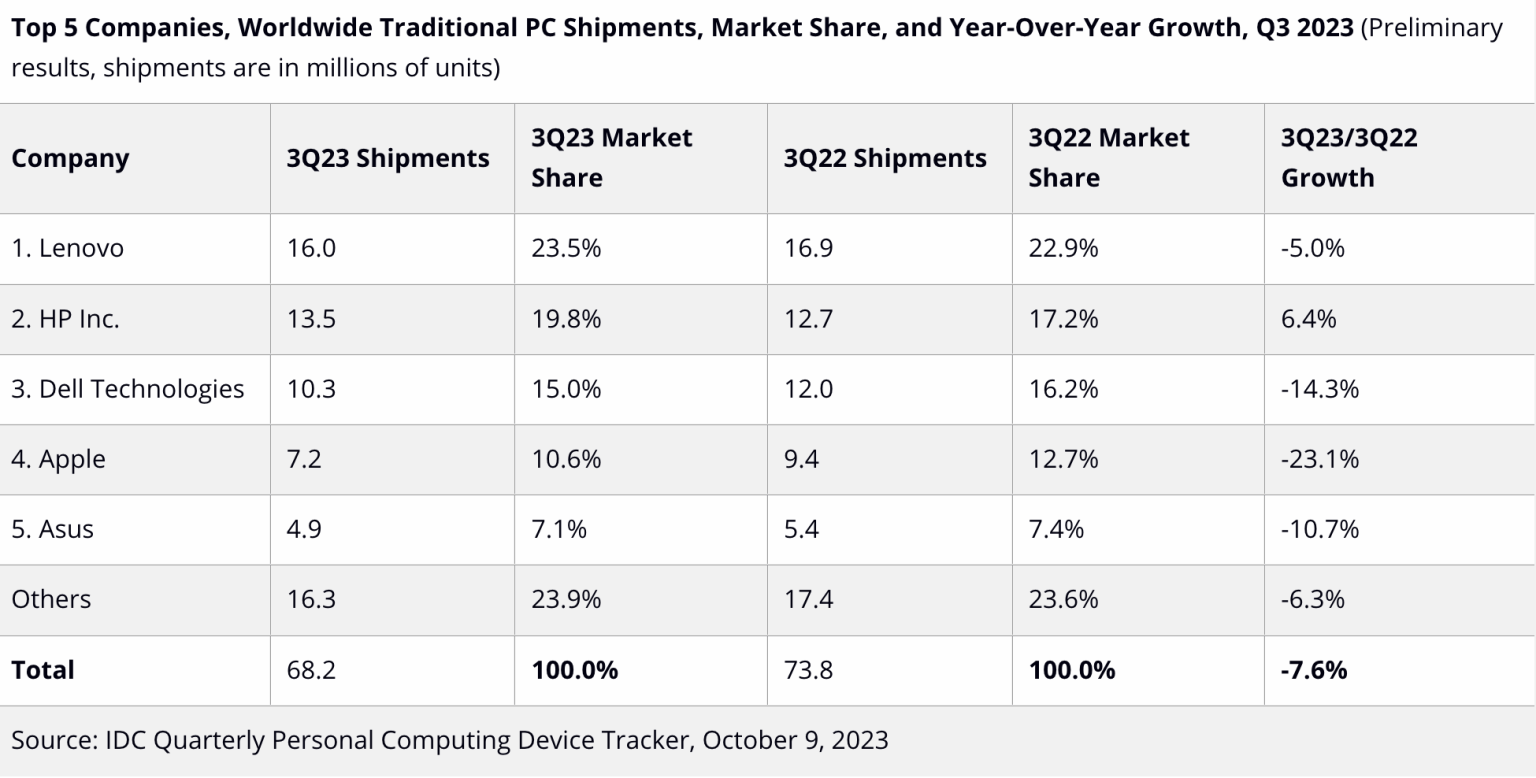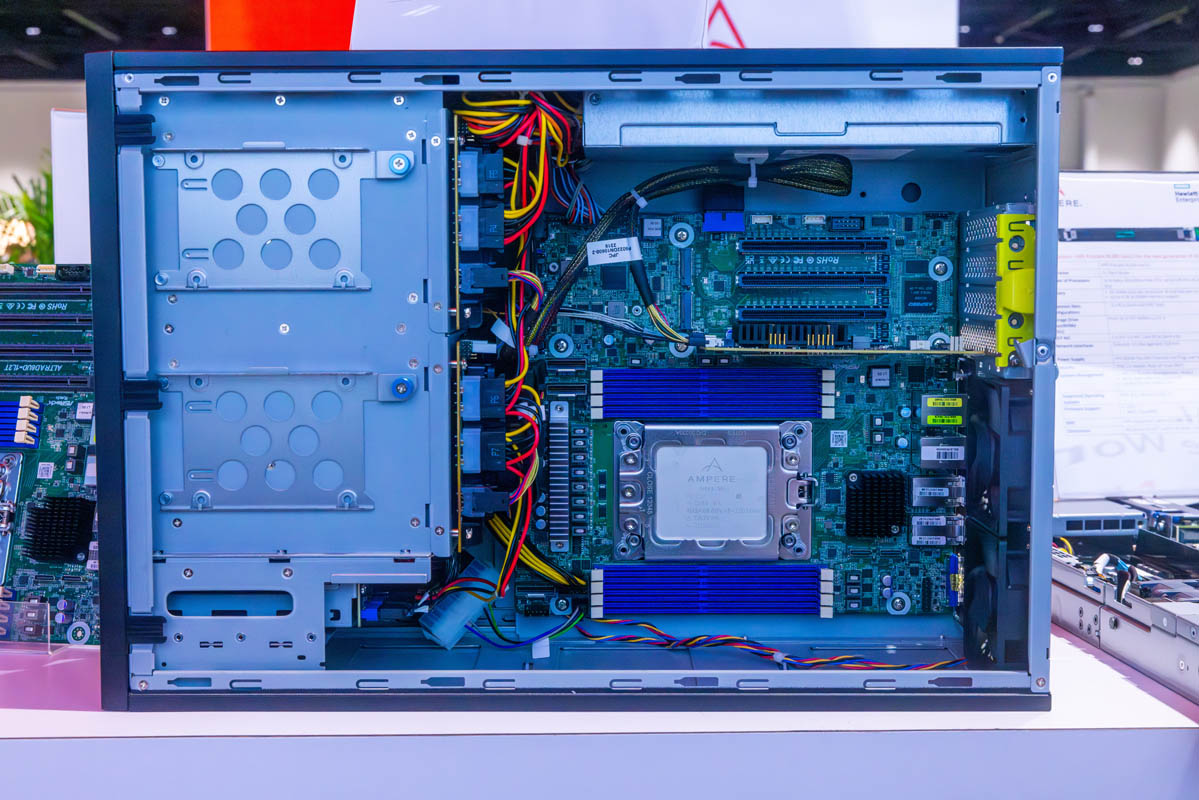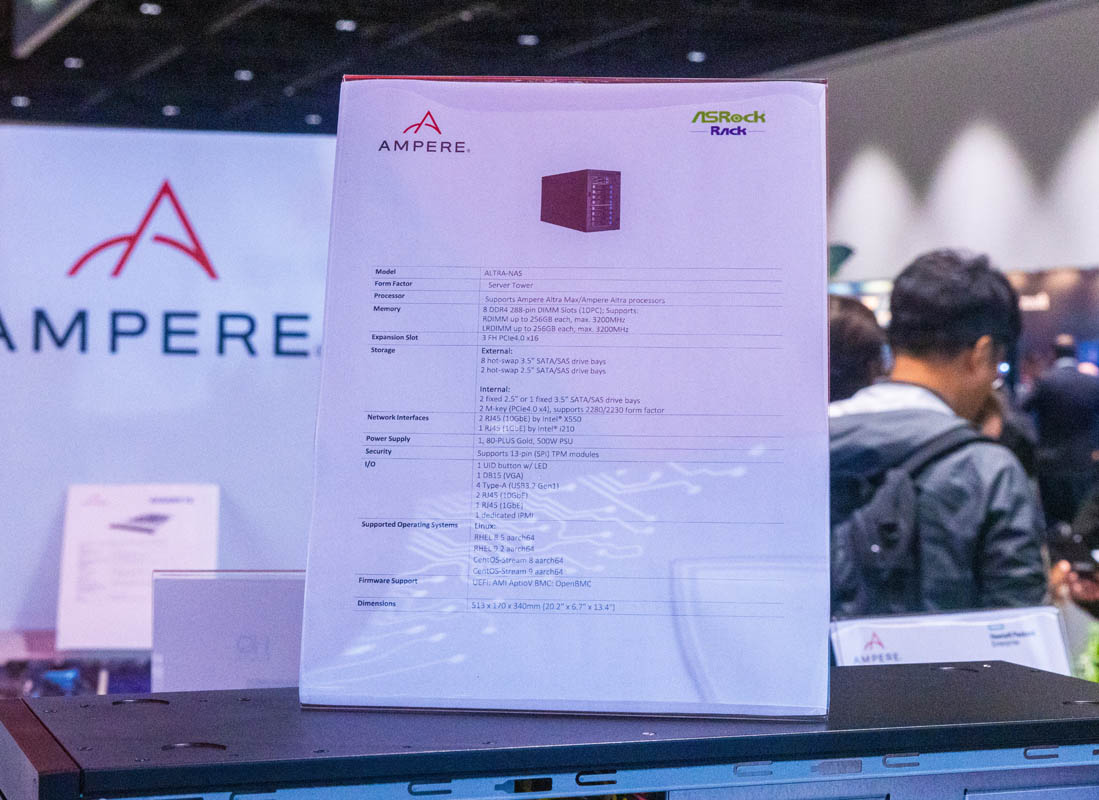erek
[H]F Junkie
- Joined
- Dec 19, 2005
- Messages
- 11,046
Seems like a mistake in leadership, that Apple M chip was pretty impressive, right?
“Additionally, the CEO noted: "When thinking about other alternative architectures like Arm, we also say, wow, what a great opportunity for our foundry business." If the adoption of Arm-based CPUs for Windows PCs becomes more present, Intel plans to compete with its next-generation x86 offerings like Meteor Lake, Arrow Lake, Lunar Lake, and even Panther Lake in the future. As stated, the CEO expects the competition to manufacture its chips at Intel's foundries so that Intel can provide a platform for these companies to serve the PC ecosystem.”
https://www.techpowerup.com/315228/...m-based-chips-as-competition-in-the-pc-sector
“Additionally, the CEO noted: "When thinking about other alternative architectures like Arm, we also say, wow, what a great opportunity for our foundry business." If the adoption of Arm-based CPUs for Windows PCs becomes more present, Intel plans to compete with its next-generation x86 offerings like Meteor Lake, Arrow Lake, Lunar Lake, and even Panther Lake in the future. As stated, the CEO expects the competition to manufacture its chips at Intel's foundries so that Intel can provide a platform for these companies to serve the PC ecosystem.”
https://www.techpowerup.com/315228/...m-based-chips-as-competition-in-the-pc-sector
![[H]ard|Forum](/styles/hardforum/xenforo/logo_dark.png)



